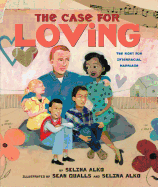Amazon: Bezos Speaks; Frowning at Amazon Smile
Amazon founder Jeff Bezos's conversation yesterday in New York City with Henry Blodget at the Business Insider Ignition conference was widely quoted by media--although, in a testament to the company's influence in so many areas of business, the quotations rarely overlapped. Here are high points of the talk:
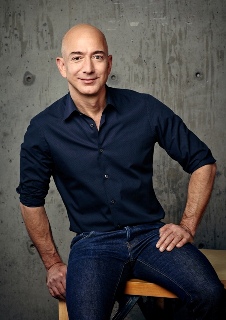 On the Hachette dispute (via the Telegraph). "Rarely does it break through into a kind of a public fight. But it's an essential job of any retailer to negotiate hard on behalf of customers. Making reading more affordable is going to make authors more money."
On the Hachette dispute (via the Telegraph). "Rarely does it break through into a kind of a public fight. But it's an essential job of any retailer to negotiate hard on behalf of customers. Making reading more affordable is going to make authors more money."
Book pricing by publishers (via Reuters): "It's difficult for incumbents who have a sweet thing to embrace change."
More on pricing and books' competition (via venturebeat.com): "Book prices in my view are too expensive… $30 for a book is too much.... If you realize that what [books] are really competing with is Candy Crush, then you'd start to say, 'Gosh, maybe we should work on reducing friction on long-form reading.' If you want to do more of something, make the friction less. If you want less of something, make the friction more. If there's a particular snack food that you like a lot and it's making you fat, put it on the top shelf where it's harder to get to, and you'll eat less of it."
The benefits of e-books (via gigaom): "The book industry is in better shape than it ever has been, and it's due to e-books."
On buying the Washington Post (via the New York Times): "I didn't know anything about the newspaper business, but I did know something about the Internet. That, combined with the financial runway that I can provide, is the reason why I bought the Post.... The Post has the good fortune of being the newspaper of the capital city of the United States of America. That's a great starting point to being a national and even global publication."
On some of Amazon's failed business ventures and the company's lack of profits (via Wired): "I've made billions of dollars of failures at Amazon.com. Literally. None of those things are fun, but also they don't matter. What matters is companies that don't continue to experiment or embrace failure eventually get in the position where the only thing they can do is make a Hail Mary bet at the end of their corporate existence. I don't believe in bet-the-company bets....
"If you look at our stock price over a year, five years, ten years, it all looks pretty great. It's a volatile stock. It always has been. It probably will be. We're a large company, but in many ways because of all our emerging businesses, we're still a startup, and there's a lot of volatility with startups.... It's like we built this lemonade stand 20 years ago. It's become very profitable, but we decided to use our skills for a hamburger stand and a hotdog stand and so on."
On a high-tech, out-of-this-world future (via the Telegraph): "It's sad but possible that the U.S. could be late [for drone deliveries], that other countries will have it first....
"My vision is that I want to see millions of people living and working in space."
On an Amazon succession plan, which he said is in place (via Reuters): "It's a secret."
On the value of Amazon employee perks, like having office windows that open and being able to bring dogs to work despite lacking such usual tech-company benefits as free food, massages, etc. (via the Huffington Post): "We could save a lot of money by moving to the suburbs of Seattle. We have chosen instead to build an urban campus, and it is... a spectacular benefit for the employees. I think it's one they enjoy much more than free massages."
---
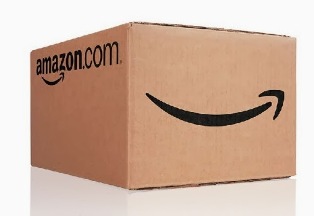 On his website, nonprofit consultant Alan Cantor debated the value of organizations participating in Amazon Smile, the program under which nonprofits receive 0.5% of Amazon purchases made by their supporters. Noting the "immoral" company's poor labor policy, tax avoidance tradition and the Hachette dispute, Cantor concluded by highlighting the low return--in a variety of ways--of participating in Amazon Smile: "Let's say that over the holidays [a nonprofit's supporters] purchase $25,000 worth of goods from Amazon--purchases that otherwise would have been made at local stores that your neighbors own and where taxpaying members of your community work. That $25,000 would have been a lot of income for those local stores, perhaps the difference between survival and closure, or keeping staff members or firing them. But you've thrown your lot in with Amazon. And in return you will get a kick-back of... $125. Yes, that's all that half of 1% of $25,000 amounts to."
On his website, nonprofit consultant Alan Cantor debated the value of organizations participating in Amazon Smile, the program under which nonprofits receive 0.5% of Amazon purchases made by their supporters. Noting the "immoral" company's poor labor policy, tax avoidance tradition and the Hachette dispute, Cantor concluded by highlighting the low return--in a variety of ways--of participating in Amazon Smile: "Let's say that over the holidays [a nonprofit's supporters] purchase $25,000 worth of goods from Amazon--purchases that otherwise would have been made at local stores that your neighbors own and where taxpaying members of your community work. That $25,000 would have been a lot of income for those local stores, perhaps the difference between survival and closure, or keeping staff members or firing them. But you've thrown your lot in with Amazon. And in return you will get a kick-back of... $125. Yes, that's all that half of 1% of $25,000 amounts to."
---
In an article called "Amazon's frightening CIA partnership: Capitalism, corporations and our massive new surveillance state," Salon explored the connection between Amazon and the CIA--Amazon has a $600 million contract to build a cloud computing service for the spy agency--and the wider "national security state."
Salon noted Amazon's decision to toss Wikileaks from its servers in 2010, and said of the CIA deal: "On Amazon's servers will be information on millions of people that the intelligence community has no right to possess.... Instead of helping expose U.S. war crimes, then, Amazon's cloud service could be used to facilitate them, for which it will be paid handsomely--which was, in all likelihood, the whole point of the company proving itself a good corporate citizen by disassociating itself from an organization that sought to expose its future clients in the intelligence community."









 On Saturday, December 6, approximately 750 bookstores in all 50 states will open their doors and... do exactly what they do on every other Saturday of the year. Which is welcome kids and families into their children's sections and expose them to the wonder of books. But there is one thing that is different about this December 6. It's the fifth anniversary of the only holiday dedicated to celebrating children and bookstores,
On Saturday, December 6, approximately 750 bookstores in all 50 states will open their doors and... do exactly what they do on every other Saturday of the year. Which is welcome kids and families into their children's sections and expose them to the wonder of books. But there is one thing that is different about this December 6. It's the fifth anniversary of the only holiday dedicated to celebrating children and bookstores, 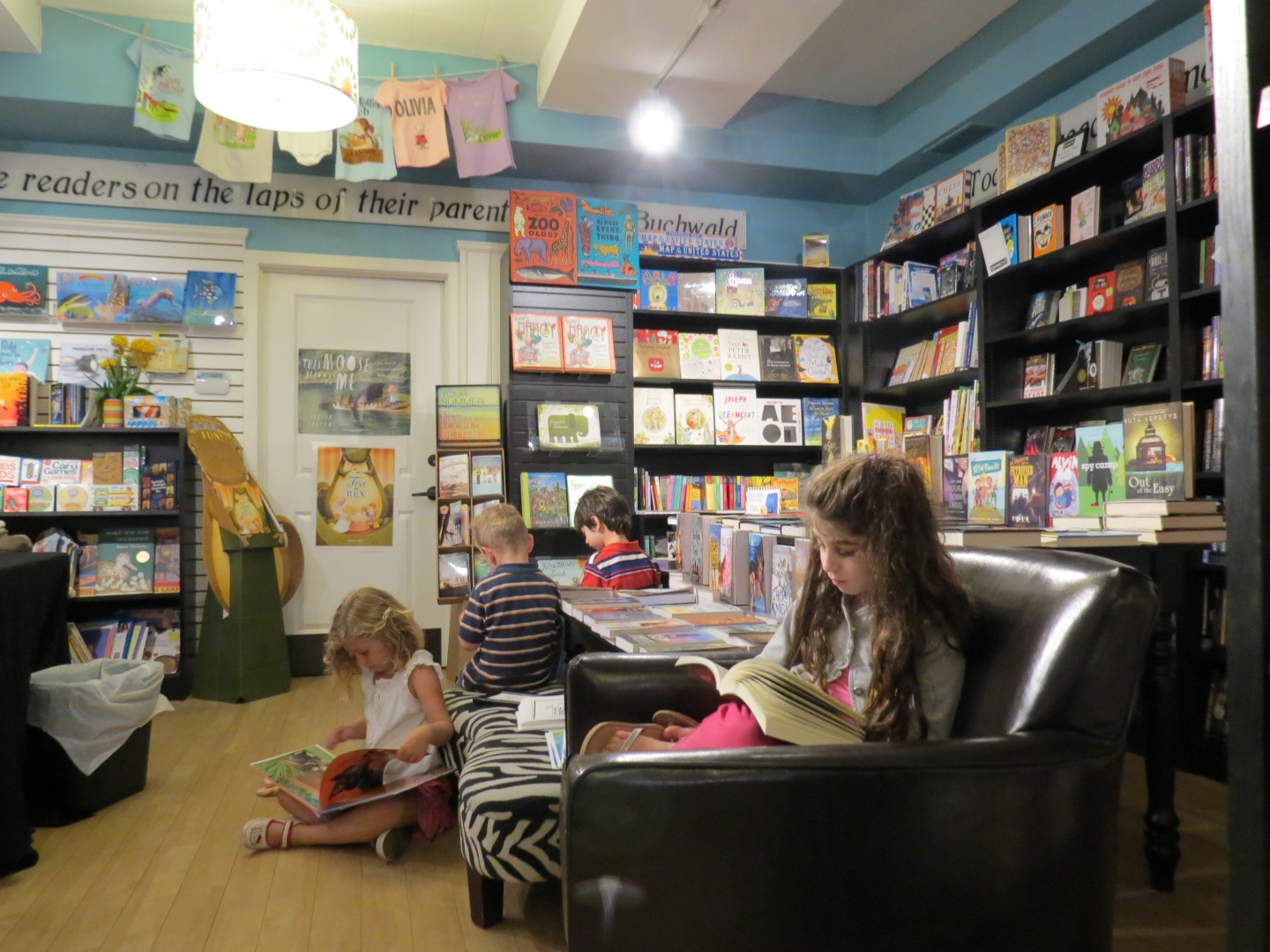 Kids + bookstores = magic.
Kids + bookstores = magic. Allison Hiltz of
Allison Hiltz of 

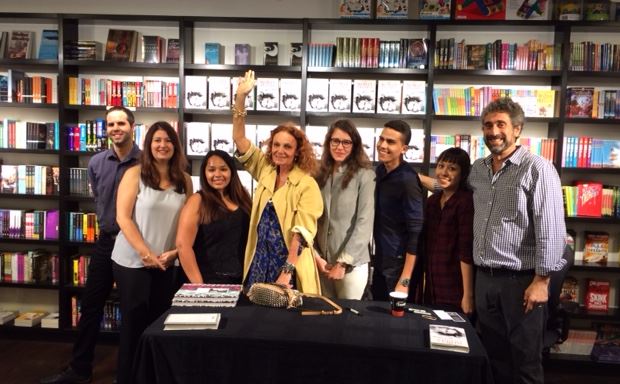 Last night Diane von Furstenberg signed copies of her new memoir, The Woman I Wanted to Be (S&S), at
Last night Diane von Furstenberg signed copies of her new memoir, The Woman I Wanted to Be (S&S), at  'Tis the season:
'Tis the season: 
 Selina Alko (B Is for Brooklyn) tells the story of the landmark case Loving v. Virginia as a quest by two people who love each other and who want to raise their children in their hometown of Central Point, Va., where their marriage is "unlawful."
Selina Alko (B Is for Brooklyn) tells the story of the landmark case Loving v. Virginia as a quest by two people who love each other and who want to raise their children in their hometown of Central Point, Va., where their marriage is "unlawful."